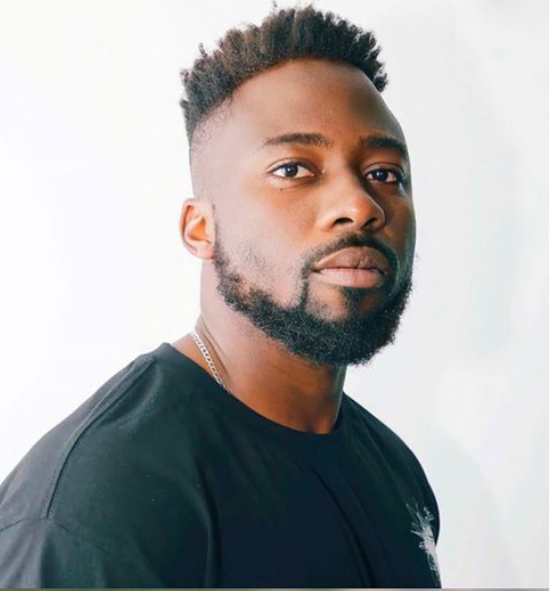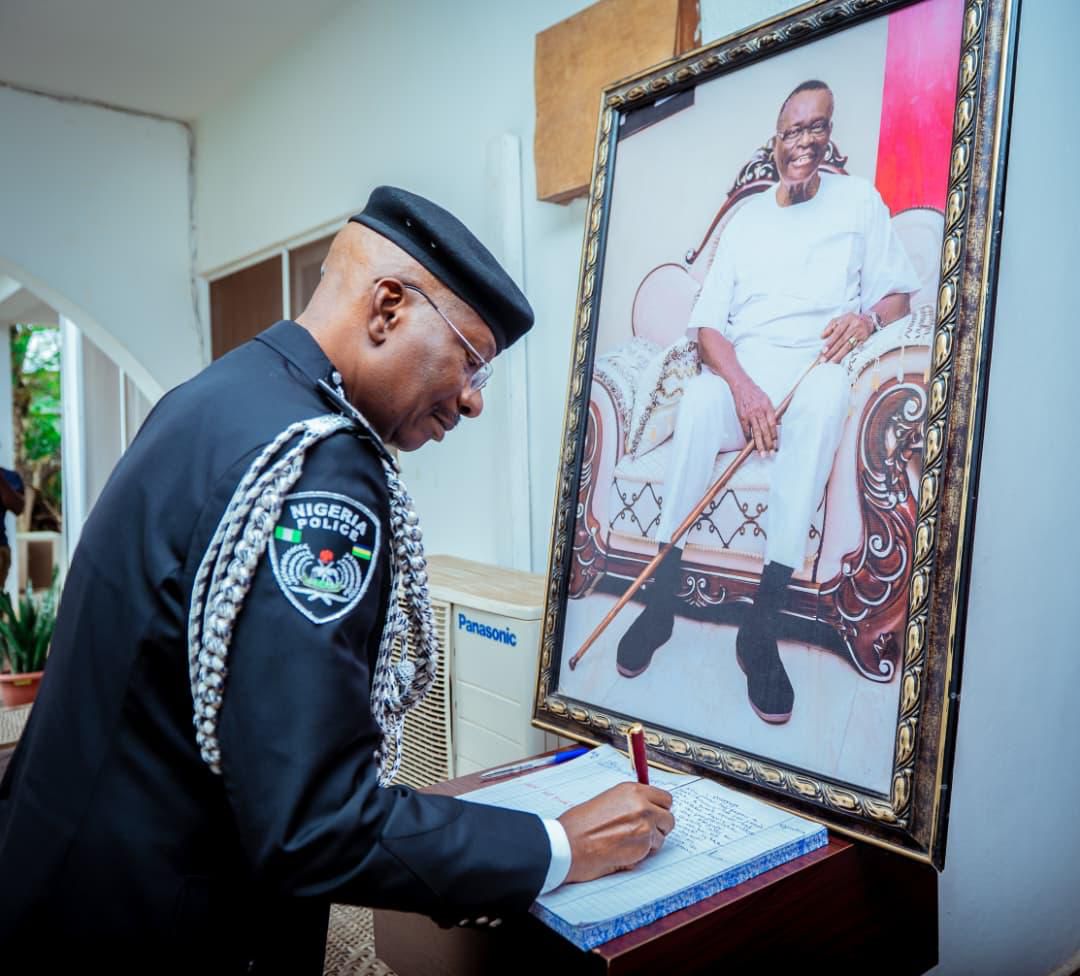
“Too Honest for Home?” — Klintoncod Sparks Debate Over Nigerians’ Dislike for Kemi Badenoch

In a country where speaking blunt truths often invites a storm of criticism, UK-based Nigerian comedian Klintoncod has sparked controversy and reflection with a simple but piercing observation: Nigerians seem to dislike British politician Kemi Badenoch, not for crimes committed or harm done, but for a trait most societies applaud—honesty.
The comedian took to social media platform X (formerly Twitter) to question the wave of backlash that often meets Badenoch whenever her name trends within Nigerian digital spaces. "I am yet to find one solid & justifiable reason why Nigerians dislike Kemi Badenoch," he wrote, “only reason seen so far and to my understanding is: She is TOO honest.”
The statement, while simple, opened a Pandora’s box of uncomfortable truths, double standards, and introspections that many Nigerians might rather avoid. Klintoncod pointed to a particular moment that reignited disdain for Badenoch—the time she likened her experience at a Sagamu boarding school to life in a prison. That analogy, though perhaps jarring to some, resonated deeply with many others who were brave enough to admit that their own secondary school experiences weren’t that far off.
“She said her boarding school in Sagamu was like a prison and everyone is angry,” Klintoncod continued, recalling how Nigerians were quick to pounce on the UK Secretary of State for Business and Trade. “I have told so many people stories from my boarding school (boys only) and facts is, it was like a prison too—with huge walls around us properly secured. The difference between us and prisoners was the fact that we had mid-term breaks and holidays; every other thing was the same!”
The comic added that he had personally visited prisons in the UK for work-related purposes and was stunned at the relatively better quality of life inmates had, compared to what he endured during his time in a Nigerian boarding school. “I have never been to a Nigerian prison,” he clarified, “but those guys [in UK prisons] had a far better quality of life than my life in boarding school.”
This unexpected comparison, while provocative, was not made to shame or ridicule. Rather, it was a bold attempt to draw attention to systemic issues in Nigerian educational institutions and, perhaps more profoundly, a cultural aversion to truth-telling when that truth stings national pride.
Kemi Badenoch, who was born in the UK to Nigerian parents and spent part of her youth in Nigeria before returning to the UK, has never shied away from discussing her Nigerian roots—both the good and the bad. However, in Nigeria’s social media climate, where patriotism often merges with denialism, her candor is seen by many as betrayal. Her critics argue that she unfairly maligns the country of her heritage, but supporters say she simply refuses to romanticize a system that failed many of its people.
What’s most fascinating about this controversy is how it reflects broader tensions within the Nigerian psyche. There's an unspoken rule: criticize the government, the infrastructure, the schools, or even the power supply—but don't do it too loudly or too truthfully, especially if you’re successful abroad. It’s almost as if success removes one’s license to be critical. You’re expected to be grateful, silent, or, at best, tactfully nostalgic.
Yet Klintoncod’s take touches a nerve that many Nigerians are slowly beginning to expose—our collective discomfort with hearing harsh truths from our own, especially when those truths are amplified on international platforms. It's not so much that Badenoch’s comments were untrue; it’s that they were made without the sugarcoating Nigerians are used to.
In defending Badenoch, Klintoncod emphasized something many are unwilling to admit: “It’s okay to hate her if you want, but it’s also okay to admit the truth when someone you dislike says it.” That statement encapsulates the heart of the matter. In today’s hyper-polarized and politically charged world, too many are unable to separate the message from the messenger. Dislike for a person becomes an automatic dismissal of everything they say, no matter how valid.
This isn’t just a Kemi Badenoch problem; it’s a societal pattern. Whistleblowers, activists, and even comedians are often mocked or vilified for daring to hold up a mirror to the flaws we’d rather hide. Many Nigerians who have achieved global relevance are walking on eggshells, knowing that any honest assessment of their homeland could render them traitors in the eyes of their own people.
It’s a dangerous culture—one that punishes honesty, prioritizes ego over growth, and labels self-reflection as betrayal. Until that changes, public figures like Kemi Badenoch will continue to be caught in the crossfire of misplaced nationalism and fragile egos. And voices like Klintoncod’s—calling for truth and fairness—will remain the minority.
Still, there’s hope in this moment. The fact that a comedian’s tweet can trigger such a wide-reaching discussion about truth, memory, and perception is telling. It shows that people are listening, questioning, and perhaps slowly redefining what it means to be honest about Nigeria, even when it hurts.
Maybe the discomfort with Badenoch isn’t really about her honesty. Maybe it’s about what her honesty forces us to remember about our own experiences. Maybe her comparison of boarding school to prison wasn’t hyperbole, but an unspoken truth many have buried to survive the trauma. Maybe the real anger stems not from her words, but from the guilt, shame, or helplessness they awaken in others.
And maybe—just maybe—Nigerians will someday learn to appreciate the brutal honesty that sparks uncomfortable but necessary conversations, rather than crucifying those bold enough to voice them.


